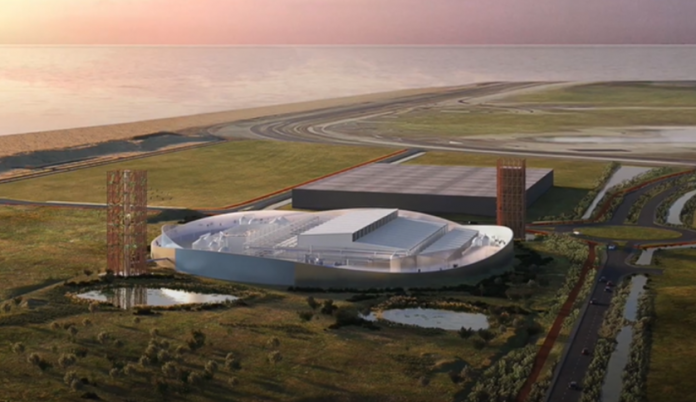The technology company for high-efficiency electrolysis plants thyssenkrupp Uhde Chlorine Engineers has signed a contract to provide the Dutch multinational oil and gas company Shell with a 200 MW green hydrogen facility in the Port of Rotterdam.
Under the contract, thyssenkrupp will engineer, procure and fabricate the electrolysis plant, based on their large-scale 20 MW alkaline water electrolysis module, in order to produce green hydrogen on the Maasvlakte.
The first construction work for the electrolysers will likely begin in Spring 2022. Shell has not yet made a final investment decision to build the plant. Hence, the final decision is expected in 2022, after which the intended start of production will be in 2024, according to a statement.
“We are looking forward to support building a major hydrogen hub in central Europe and to contribute to Europe’s transition to green energy,” commented Christoph Noeres, head of Green Hydrogen at thyssenkrupp Uhde Chlorine Engineers, who added that the company will further strengthen Shell’s hydrogen strategy, with its large-scale standard module size.
The centre of the ‘Holland Hydrogen I’ facility will be the largest in Europe, covering 20,000 m2, and will produce green hydrogen for the industry and the transport sector with electricity coming from offshore wind farm Hollandse Kust (Noord).
Reusable construction materials will be applied wherever is possible and solar panels will be incorporated into the outside walls of the plant, which will be open to selected visitors once fully operational, according to a statement.
The hydrogen can be transported through a 40km pipeline that will run from the plant to Shell’s Energy and Chemicals Park Rotterdam.
Green hydrogen is the main pillar of the energy transition towards decarbonisation, according to thyssenkrupp, which noted that by 2025, countries representing over 80% of the global gross domestic product (GDP) are anticipated to enter the hydrogen economy with a dedicated hydrogen strategy.







